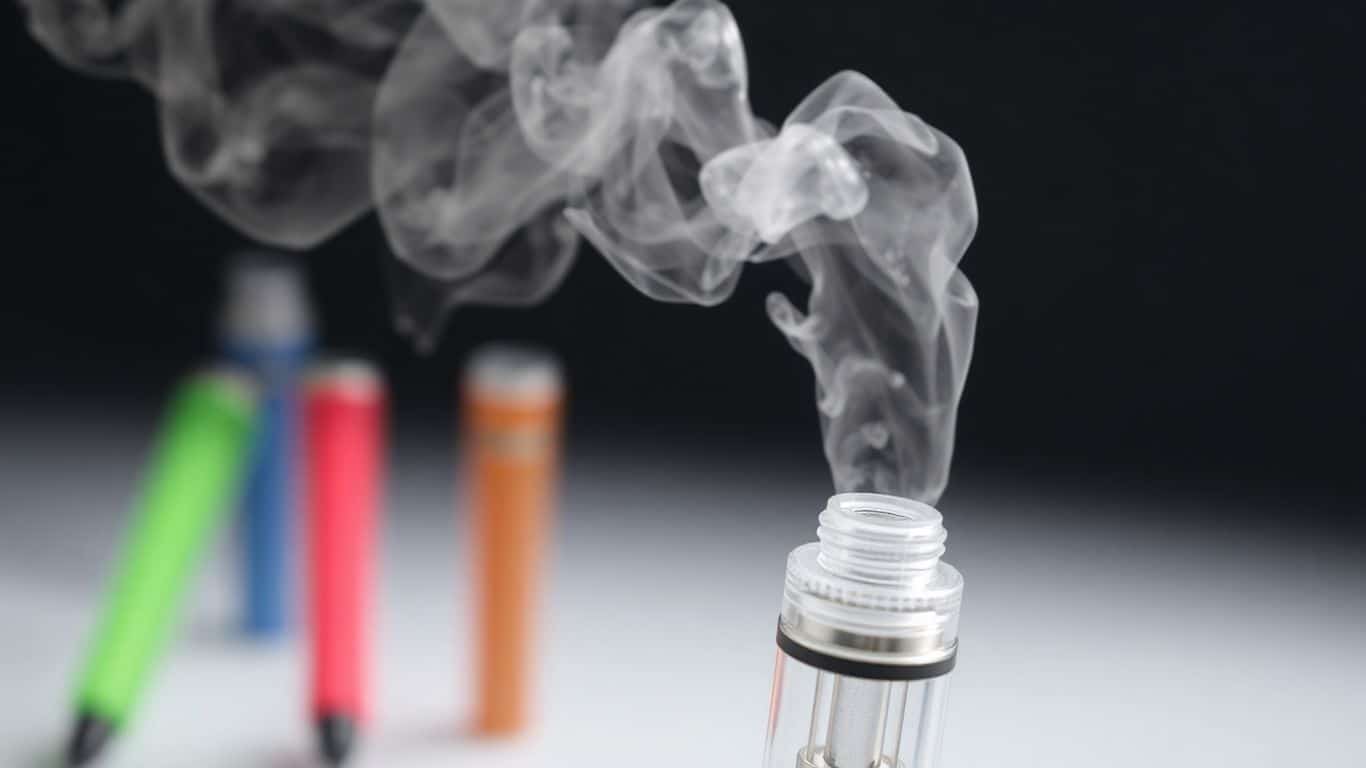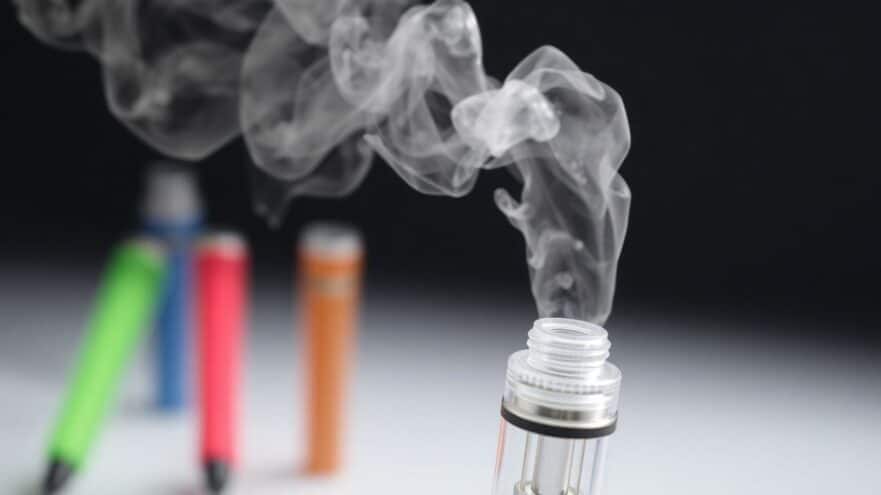
A recent observational study has revealed that e-cigarettes marketed as “clear” may lead to more significant acute increases in blood pressure and heart rate compared to other flavored vapes. These findings raise concerns about the potential cardiovascular impact of these products, especially as they may be used to circumvent flavor bans.
Key Takeaways
- “Clear” e-cigarettes showed disproportionately greater cardiovascular effects than other vape types under controlled smoking conditions.
- Chemical analysis of “clear” e-cigarettes found synthetic coolants, menthol, and other flavorings, despite their marketing.
- Acute increases in blood pressure may be linked to synthetic coolants reducing the harshness of tobacco or nicotine, facilitating deeper inhalation.
“Clear” Vapes and Cardiovascular Effects
Researchers from Boston University and Yale University conducted a study involving participants aged 18-45. The study, published in the Journal of the American Heart Association, found that users of “clear” e-cigarettes experienced more pronounced acute increases in systolic blood pressure, diastolic blood pressure, mean arterial pressure (MAP), and heart rate compared to non-users and users of menthol or other flavored vapes. Specifically, “clear” vape users showed increases approaching 10 mm Hg in blood pressure and MAP, and about 10 beats per minute in heart rate.
Chemical Composition of “Clear” Vapes
An analysis of 19 “clear” e-cigarettes purchased online revealed the presence of synthetic cooling agents, such as WS-3 and WS-23, in all samples. Additionally, 18 of the devices contained menthol, and 12 included other flavorants. These findings suggest that “clear” products may not be unflavored as their marketing might imply and could potentially violate flavor ban regulations in some regions.
The synthetic cooling agents, which activate the same cooling receptor as menthol but lack a minty odor, may make vaping smoother. This could lead to deeper inhalation, increased puff volume, and consequently, higher exposure to nicotine and other aerosol components. Researchers hypothesize that this facilitated inhalation contributes to the more significant hemodynamic effects observed.
Implications for Public Health and Regulation
The study highlights the need for further research into the health impacts of synthetic cooling agents in e-liquids. Public health advocates have long criticized flavored tobacco products for their appeal to young people. The emergence of “clear” vapes, which may contain hidden flavorings and cooling agents, presents a challenge to existing flavor bans aimed at protecting adolescents and young adults. The researchers emphasized the importance of consistent terminology and surveillance of new e-cigarette products and chemical usages to effectively regulate the market and safeguard public health.
Sources
- ‘Clear’ Vapes May Have Even Worse Health Effects, MedPage Today.
- ‘Clear’ e-cigarettes linked to greater acute rises in blood pressure and heart rate, Medical Xpress.
- ‘Clear’ E-Cigarettes Linked to Higher Heart Risks, Tobacco Reporter.
- Experts issue warning as specific vapes raise blood pressure and heart rate, LADbible.
- Specific type of vape raises blood pressure and heart rate, The Mirror.

